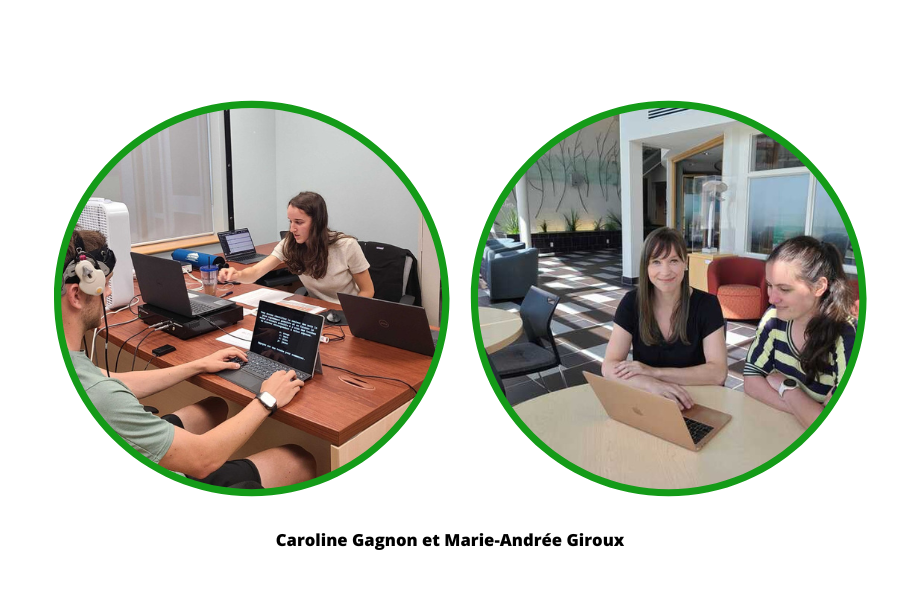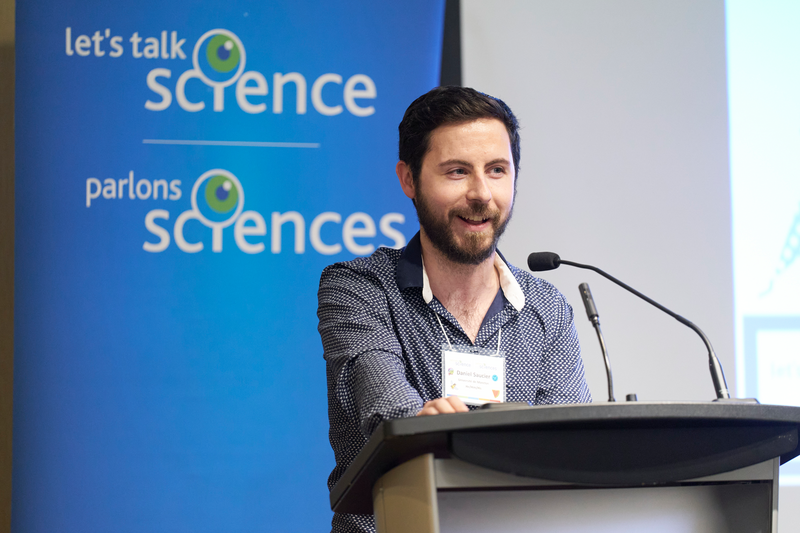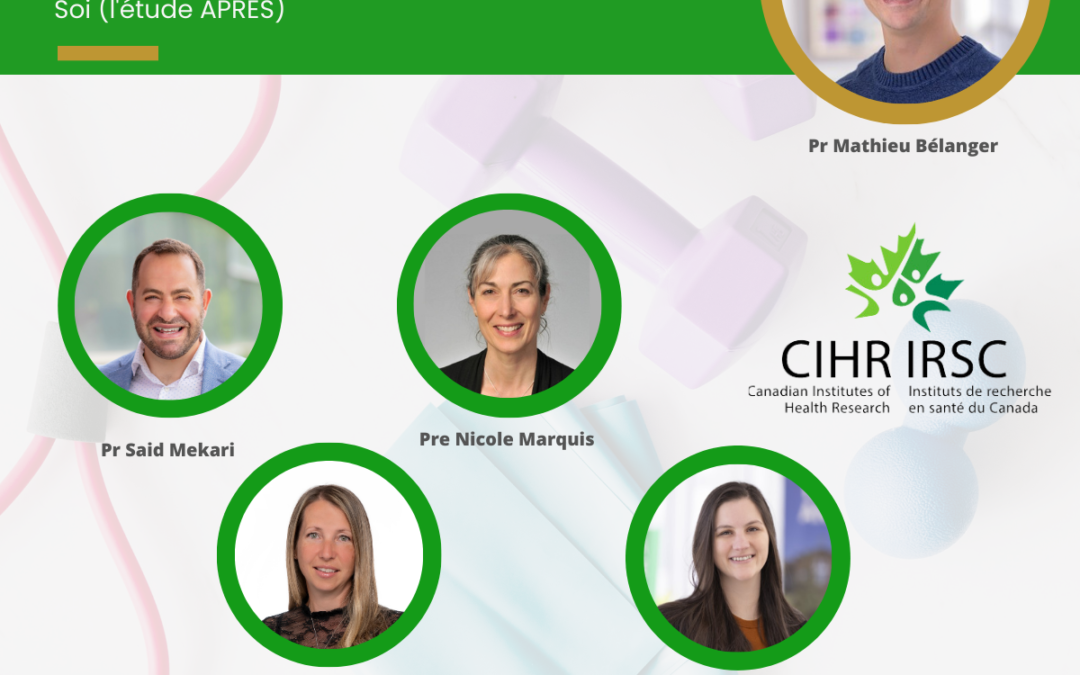
by Julie Dufresne | Aug 30, 2023 | Uncategorized
The IMPACTS Lab team would like to thank Caroline Gagnon and Marie-Andrée Giroux for their contributions over the past few weeks to the research work underway at the Laboratory.
Caroline Gagnon worked with Prof. Saïd Mekari to better understand the hemodynamic and metabolic responses of the brain during physical activity: “The research internship enabled me to deepen my knowledge of the effect of exercise on slowing cognitive changes associated with aging. I also had the chance to test subjects using different devices that allow us to see the link between physical activity and the brain. I also carried out a literature review on concussions in athletes, which also enabled me to familiarize myself with the new guidelines on this subject. It’s an area of study that’s close to my heart. Finally, I particularly enjoyed learning more about the role of researchers in the healthcare system.”
As for Marie-Andrée Giroux, she worked mainly on the APRES study with Pr Mathieu Bélanger and Pamela Tanguay, a doctoral student in the health sciences research program at the Université de Sherbrooke: “I plan to continue collaborating on research projects as part of my medical practice, so this internship has been very useful for me, as it has given me the opportunity to broaden my skills by working on a research project based on qualitative methods. Until now, I had mainly used the quantitative approach. This experience enabled me to build on what I’d already acquired by providing me with additional tools to fuel my future collaborations. I particularly appreciated the warm welcome and positive atmosphere fostered by the IMPACTS Lab team. The social side of the team was present from the beginning to the end of my internship, from the lively lunch hours to the running club, and I feel privileged to have been able to expand my professional network via the stimulating contacts made within the team.“.
The team wishes you, ladies, an excellent third year in the medical program. We wish you all the best!

by Julie Dufresne | Aug 4, 2023 | Uncategorized
Daniel Saucier, a doctoral student in the Université de Sherbrooke’s health sciences research program, was invited to share his experience with Let’s Talk Science at the organization’s 2023 national outreach conference held at Western University, Ontario, from June 1 to 4.
Daniel has been volunteering with Let’s Talk Science since the program was set up at the Université de Moncton in 2016, and has been site coordinator since 2020. Since the beginning of his mandate as coordinator, the Université de Moncton outreach site has experienced phenomenal growth: in less than a year, nearly 10,000 young people have benefited from workshops focusing on science, technology, engineering and mathematics (STEM) and aimed at developing critical thinking, creativity, collaboration and problem-solving skills.
“I see how an outreach program like Let’s Talk Science inspires young people to develop a scientific mindset. This would not be possible without the support of my fellow coordinators and the many volunteers eager to share their passion for STEM.”
For more information on Let’s Talk Science’s mission and their various science outreach programs, visit their website at: https://parlonssciences.ca/

by Julie Dufresne | Aug 2, 2023 | Uncategorized
Professor Mathieu Belanger, researcher at the IMPACTS Laboratory of the Centre de formation médicale du Nouveau-Brunswick (CFMNB) and professor in the Department of Family Medicine and Emergency Medicine at the Université de Sherbrooke, has been awarded a $100,000 grant from the Canadian Institutes of Health Research. Pr Said Mekari, Director of Research at the CFMNB (co-investigator) and Pamela Tanguay (doctoral student in the UdeS health sciences research program), both from the IMPACTS Laboratory, are also part of the team, as are Pre Nicole Marquis (co-investigator) from the School of Rehabilitation in the Faculty of Medicine and Health Sciences at the Université de Sherbrooke, and Ms Monique Dufour-Doiron from the Réseau de Santé Vitalité. The aim of the study is to evaluate the effectiveness of a new cardiac rehabilitation model in French-speaking minority communities. Researchers will also evaluate the effects of the cardiac rehabilitation program on quality of life, functional capacity, anxiety and depression.



